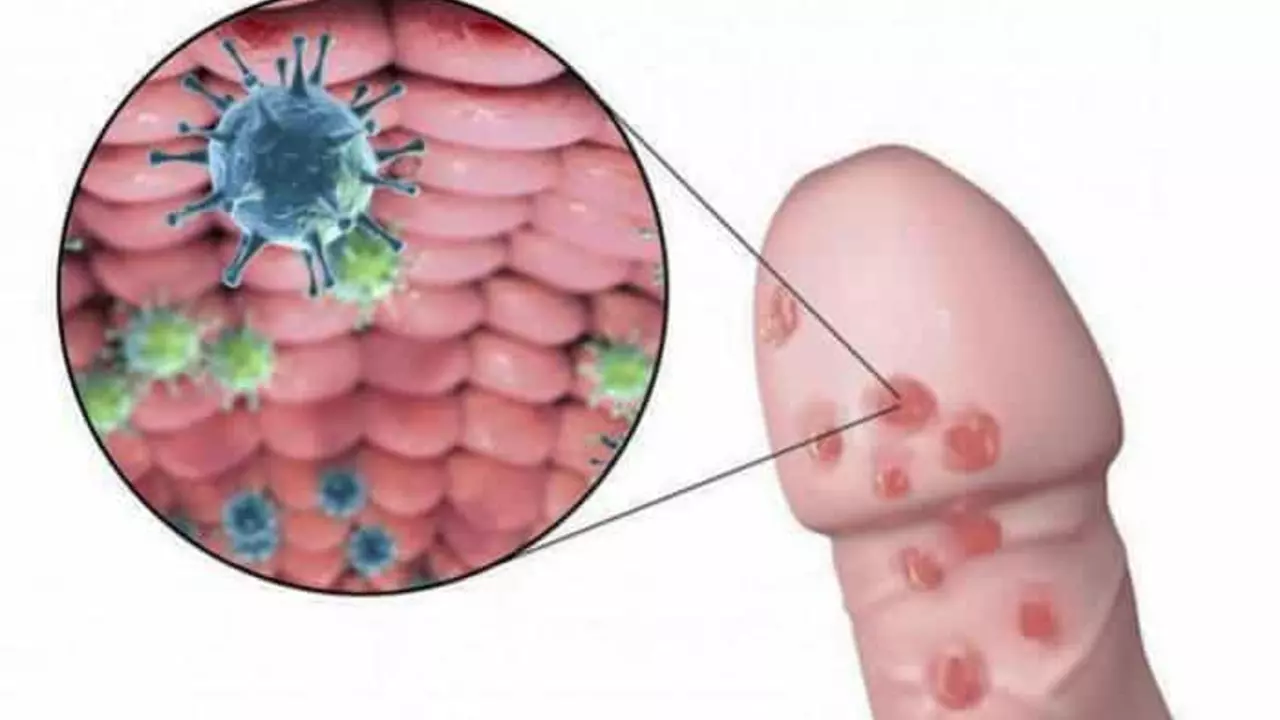Genital Herpes – What You Need to Know
If you’ve just heard the word “genital herpes,” it’s normal to feel a mix of curiosity and worry. This virus is common, but most people don’t talk about it openly. Knowing the basics can take the mystery out of the infection and help you handle any outbreak with confidence.
Common Signs & How They Appear
The first clue is usually a tingling or itching feeling around the genitals, followed by small bumps that turn into painful blisters. These sores can pop open, crust over, and heal in 2‑4 weeks. Some folks only notice them once a year; others get frequent flare‑ups. Fever, swollen glands, and a general sense of being unwell can happen during the first outbreak, but later episodes often feel milder.
Because the virus hides in nerve cells, you might not see any visible sores at all—this is called a silent infection. That’s why regular STI testing is key if you’re sexually active with new partners. A simple swab or blood test can confirm whether herpes simplex virus type 2 (HSV‑2) is present.
Treatment Options: From Prescription to Natural
Doctors usually prescribe antiviral meds like Valtrex (valacyclovir), Zovirax (acyclovir) or Famvir (famciclovir). These pills speed up healing, lower the chance of spreading the virus, and can be taken daily as suppressive therapy if outbreaks are frequent.
If you’re looking for alternatives, several over‑the‑counter options have some evidence behind them. Lysine supplements may reduce outbreak frequency for some people, while zinc ointments applied to sores can speed healing. A diet rich in leafy greens, berries and lean protein supports your immune system, which helps keep the virus in check.
Practical steps matter, too. Keep the affected area clean and dry, avoid tight clothing during a flare‑up, and use barrier methods like condoms to cut down on transmission risk. If you’re on medication, take it exactly as prescribed—missing doses can let the virus bounce back quickly.
Emotional health is part of the picture. Talking with a trusted friend, partner or healthcare provider reduces stress, which often triggers outbreaks. Online forums and support groups give you a place to share experiences without judgment.
Bottom line: genital herpes is manageable. With quick recognition of symptoms, proper medical treatment, and sensible lifestyle tweaks, you can keep outbreaks under control and maintain a healthy sex life.


